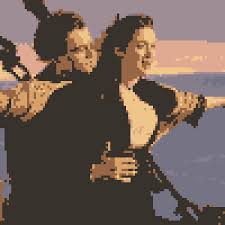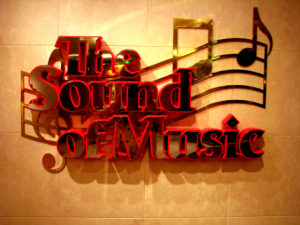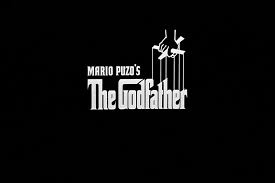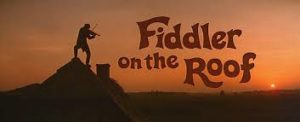
In Part One, I examined some of the movies and film scores of the 1960’s and 1970’s. In the process, I set aside some of my most treasured films in favor of others I realized may be more deserving of being labeled the best in regard to the most outstanding blend of storytelling and music. I also overlooked others that may have made a run at the finalists in my view, such as Fiddler on the Roof. Oh my God! This time around, I’m tackling the 1980’s and 1990’s. So many movies, so little time.
The pool to draw from in the ’80’s is astounding. Just to name a dozen, look at this list that excludes way too many great films: Back to the Future, Indiana Jones and the Raiders of the Lost Ark, E.T. the Extra-Terrestrial, Star Wars sequels, The Breakfast Club, Rain Man, Dirty Dancing, Chariots of Fire, Alien, The Princess Bride, Airplane, Field of Dreams, Amadeus, The NeverEnding Story, Good Morning Vietnam, The Color Purple…I couldn’t even stop at a dozen and I could go on and on.
The quality of the music is undeniable. I think that in the years since John Williams came on the film score scene, the music backing the on screen images has been elevated. The composers aren’t just copy cats, though. The originality and diversity of the music is tremendous. I believe the important factor above all in putting together an assessment of the movies/music blend is determining what speaks to me most profoundly in terms of the film content and presentation, then reflecting back on the music that is most memorable after all the dust of the decades settles. I have studied these scores and refreshed myself on contending movies, all of which is helpful to sift out the quality from the flash, but what touches me most is what my heart tells me is the best in my universe. It will be different for many of us, but it’s wonderful how we each are touched in our personal region of the collective consciousness.
With that in mind, I narrow down the qualifiers from the ’80’s to these. Amadeus–how can a delightful story about Mozart be left out? Chariots of Fire–an inspirational, motivational movie with music that complements it perfectly. Indiana Jones and the Raiders of the Lost Ark–groundbreaking film making and more John Williams unforgettable, uplifting accompaniment. And Back to the Future, which some say is the perfect movie. The score and the popular music blend fantastically to stimulate us from one end of the musical spectrum to the other. My choice is Raiders of the Lost Ark, mainly because I couldn’t have enjoyed a movie more and the music was perfect for it.
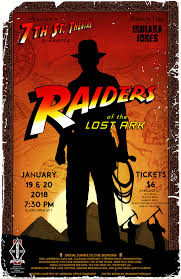
What stands out most in the ’90’s, again taking the film and the score/soundtrack as a whole? Another incredible decade, by the way. Here are my initial thoughts. Forrest Gump, Pulp Fiction, Schindler’s List, Jurassic Park, Edward Scissorhands, Braveheart, Titanic, Dances With Wolves, The Nightmare Before Christmas are all amazing movies with amazing music. One of the soundtracks that affected me most is from Natural Born Killers. contrast between what I was seeing on the screen and what I was hearing was positively surreal at times, but the theme and content of this film are disturbing and unnecessary in a world filled with violence and insanity. I can’t consider it one of the great films of the decade. The soundtrack on it and Forrest Gump as well as Pulp Fiction draw largely from popular music in various genres, which I enjoy. However, does the score or the theme of these stand out in my memory. Negative.
Schindler’s List has a beautiful and moving score that takes the listener through the emotional roller-coaster of the film in a perfectly fitting manner. I have a feel for it, but don’t really remember it well. Jurassic Park is more of the brilliance of John Williams. Great sci-fi and a score that makes it so grand. I notice I have two Tim Burton films in my nominees. I really enjoyed both Edward Scissorhands and The Nightmare Before Christmas, both of which take us away to fantasy realms that attract and repel simultaneously. Danny Elfman’s soundtracks are masterful for their musical genius and playful imagination. Braveheart’s soundtrack is strong and brings a touch of Scottish traditional music to always welcome ears in my case. The same composer, James Horner, brought us the soundtrack of Titanic. Few movies have had the impact on me that Titanic did and the film score filled my heart in the same way. The poignancy and grand flavor of the soundtrack for Dances with Wolves truly captured the theme of the story, giving proper respect to the American Indians and one man who had a different perspective on his role in their world. All that said, Titanic is my selection for the 1990’s. They are all so great, but I’m most spellbound by the James Cameron masterpiece.
I’m inspired to see some of these films again, which is unusual for me. I hope you’re caught up in the magic yourself.
